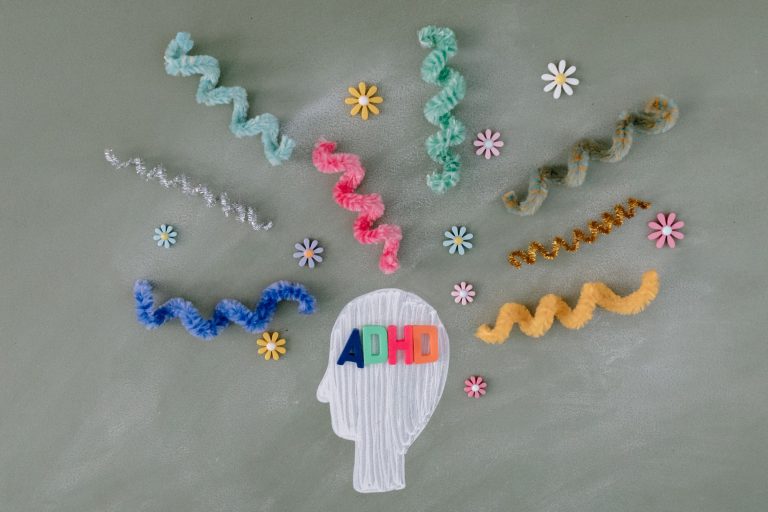“How to Calm Your ADHD” is a collaborative post.
Living with ADHD can feel like navigating a constant whirlwind of thoughts, distractions, and restless energy. Finding calm in that chaos takes patience, self-awareness, and the right strategies to manage symptoms effectively, especially if you’re waiting around on medication.
While some people explore alternative treatments such as medical cannabis for symptom relief. There are many holistic and lifestyle based approaches that can improve focus, reduce anxiety and bring balance to daily life. While you wait, let’s take a look below.
Establish a Structured Routine
One of the best ways to calm ADHD symptoms is to create a consistent daily routine. Predictability helps the ADHD brain to stay organised and reduces the mental energy required to make constant decisions. Start by setting regular times for wake ups, eating, studying and sleeping.Use planners or apps to keep track of tasks and appointments. Visual reminders like sticky notes can make a big difference in staying on track.
Practice Meditation
Mindfulness is a powerful tool for calming an overactive mind, and by focusing on the present moment, you can reduce your impulsivity and gain better control over your thoughts and emotions. Even 5-10 minutes of daily meditation can help improve concentration and lower stress levels. Techniques such as deep breathing, body scans or guided meditations are easy to incorporate into your day. Over time, mindfulness strengthens self-awareness, helping you to notice when your attention starts to drift so you can gently bring it back.
Get Your Body Moving
Physical activity is one of the most effective and natural ways to manage ADHD symptoms. Exercise increases dopamine and norepinephrine. These are the chemicals in the brain that play a key role in attention and focus. Running, swimming, yoga, or even dancing can help to release restlessness and improve your mood. The key is to choose something you enjoy so that you’ll stick with it consistently. Regular exercise not only enhances focus but also promotes better sleep and reduces anxiety, both of which are essential for managing ADHD.
Prioritise High Quality Sleep
Sleep has a major impact on attention, memory and emotional regulation, but unfortunately many people with ADHD struggle with insomnia. Creating a bedtime routine can help. Limiting screen time before bed, keeping your room dark and cool, and avoiding caffeine late in the day will help.
Monitor Your Diet
Diet plays a role in managing ADHD symptoms. Aim for balanced meals that include whole grains, lean proteins, healthy fats, fruits and veg. Avoid excessive sugar and processed foods as they can contribute to energy spikes and crashes that worsen inattention and irritability. Staying hydrated also supports concentration and overall well-being.
Get Some Help
Managing ADHD is not something that you have to do alone. Support from family, friends, therapists, or coaches can and will make a difference. CBT is particularly effective in helping people to develop coping strategies and improve executive function skills. Medication may also be an option for some individuals, depending on their needs and medical advice.







Comments are closed.